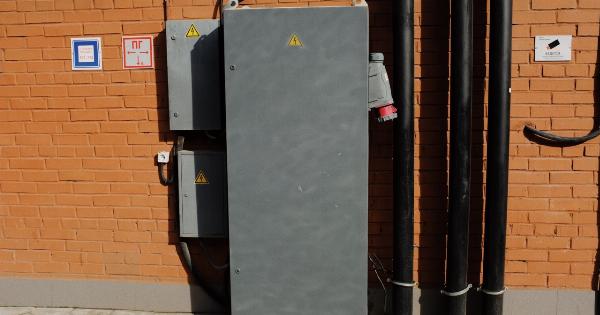When it comes to planning for retirement, one of the most important decisions you will make is choosing the right private pension. With so many different options on the market, it can be difficult to know where to start.
However, by considering these four essential criteria, you can narrow down your options and find the best private pension for your needs.
1. Fees and Charges
The first criterion to consider when choosing a private pension is the fees and charges associated with the product. These can include management fees, annual fees, and account administration fees.
These fees can have a significant impact on the overall value of your pension, so it is important to understand them and compare them across different products.
When comparing fees and charges, don’t just look at the headline rate. Make sure you understand how the fees will be charged and when they will be applied.
Some products may have higher upfront fees but lower ongoing charges, while others may have no upfront fees but higher annual fees.
One thing to look out for in particular is exit fees. Some pension products may include charges if you want to transfer your pension to a different product or provider.
Make sure you understand these fees and factor them into your decision-making process.
2. Investment Options
The second criterion to consider is the investment options available through the pension product.
Different products will offer different investment options, so it is important to understand what each product offers and how these options match your investment goals and risk appetite.
Some pension products may offer a range of investment options, from traditional stocks and shares to more alternative investments such as property or commodities.
Others may offer a more limited range of options, focusing on a narrow range of sectors or investment types.
It is also important to consider how hands-on you want to be with your investments. Some pension products will offer a range of ‘ready-made’ investment portfolios, while others may give you more flexibility to create your own portfolio.
Make sure you understand the level of control you will have and whether this suits your investment style.
3. Flexibility
The third criterion to consider is flexibility. You need to understand what options will be available to you when you retire and how these will fit with your plans and circumstances.
Some pension products may offer a fixed annuity income in retirement, while others may allow you to draw down funds gradually. Others may offer a mix of both options, giving you more flexibility to adapt to changing needs.
It is also important to consider what happens to your pension if you die before you have fully spent your savings. Some products may provide the option to pass on your pension to your spouse or dependents, while others may not offer this possibility.
4. Track Record and Reputation
The final criterion to consider is the track record and reputation of the pension product and provider.
Research the pension provider and make sure they are reputable and regulated by the relevant authorities. Look at their track record and returns over the years to assess whether they have consistently delivered value to their customers.
It is also important to look at customer reviews and feedback to understand how well the pension product and provider have performed in practice.
Check online forums and review sites to get a sense of customer satisfaction levels and any common issues or problems.
Conclusion
Choosing the right private pension is a critical step in planning for your retirement.
By considering these four essential criteria – fees and charges, investment options, flexibility, and track record and reputation – you can narrow down your options and find a product that best suits your needs and circumstances.



























